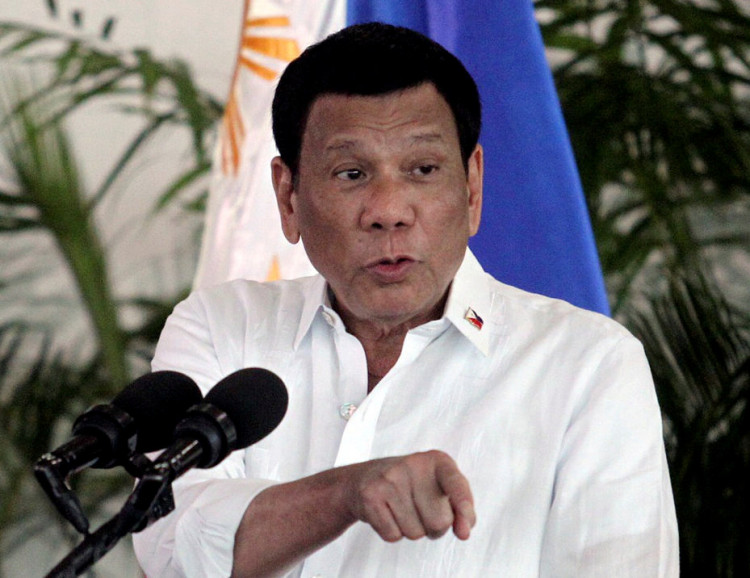From high-rise and low-rise condominiums, top-end residential properties, to the hospitality industry, and the commercial buildings, Chinese buyers are giving a significant push to Philippines' booming real estate sector.
Chinese investments are also pouring in through acquisitions and joint ventures with local companies in an indication of a continued thawing of previously strained relations between Beijing and the Philippines.
More investments and partnerships are set to happen as Chinese Foreign Minister Wang Yi met with Philippine President Rodrigo Duterte on Oct. 31. The leaders discussed having the Davao city port as one link under Beijing's Belt and Road Initiative to trading in Southeast Asia and the South Pacific.
If China's engagement continued, the Asian superpower could push all segments of the Philippines real estate market into 15 to 20 years of growth, according to David Leechiu, the chief executive officer of Leechiu Property Consultants. Beijing's involvement could position the Philippines along Africa and the Middle East in terms of property market growth.
Lester Yupingkun, managing director of Strongbond Products Philippines, echoed the same observation, saying that Chinese capital is now serving as major driver of Philippines real estate industry.
For one, Chinese buyers are seemingly at a condominium buying spree of which local developers are willingly embracing.
Santos Knight Frank said Chinese buyers are buying "bulk" of condominium units and this behavior is expected to continue according to Cebu Holdings Incorporated. Chinese also now comprised the largest chunk of property sales among foreigners according to Ayala Land Incorporated.
Gilbert Ang, Mandani Bay project director, and Joey Roi Bondoc, Colliers International Philippines research manager, both believed that increase in Chinese capital flowing to the Philippines market was driven by the warming ties between the two Asian nations.
The Duterte administration has ushered in the new found connection between China and the Philippines which was strained in the past years by their territorial claims over islands in the South China Sea and the past administrations' more leaning towards the West, particularly the United States.
Under the Duterte administration, China pledged an investment of $169 billion in the form of infrastructure projects.
In Wednesday's meeting between Wang and Duterte, the president regarded Beijing as his country's most important cooperative partner at present. He acknowledged that the Philippines is currently facing constraints on the shortage of energy and infrastructure and cooperation with China would usher in significant developments on these two fronts.
Wang, on the other hand, said the relations between the two nations could be traced back as early as the ancient times. History would reveal that China has always been the Philippines' trustworthy cooperative partner.






